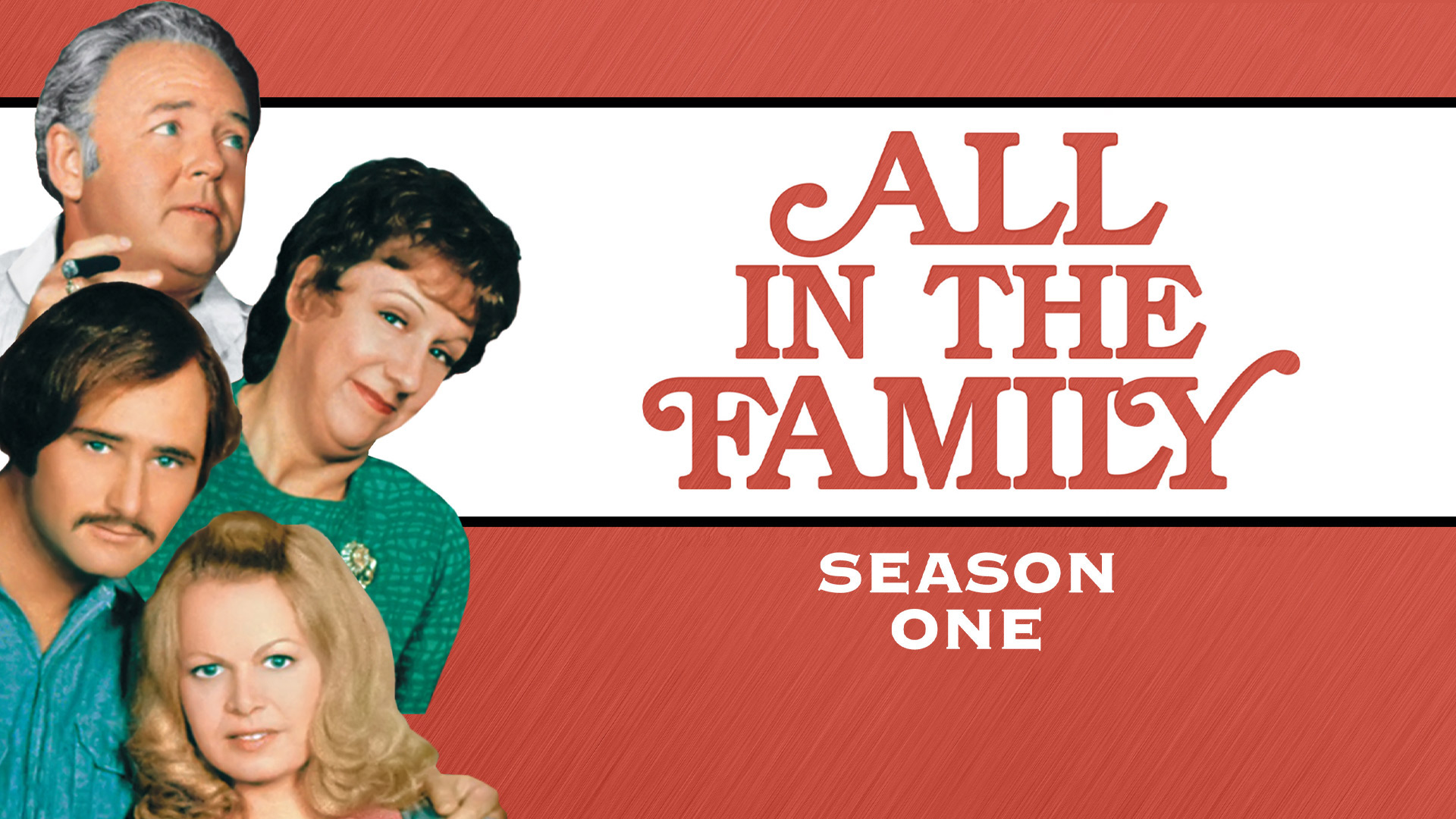
All in the Family was not a show that shied away from controversy. In fact, some of its most iconic episodes sparked national debates, and the backlash often threatened to derail the show’s success. From tackling issues of racism to discussing women’s rights and the Vietnam War, the show’s boldness was part of its charm. But behind these controversial episodes were stories that not only challenged societal norms but also put the cast and creators in the hot seat.
A Legacy of Controversy
At the heart of All in the Family was its unapologetic approach to tackling taboo topics. In an era where many shows played it safe, All in the Family used its platform to confront some of the most pressing issues of the time. Episodes like “The Draft Dodger,” which dealt with the divisive issue of the Vietnam War and draft evasion, and “Edith’s 50th Birthday,” which tackled the topic of sexual assault, pushed boundaries and sparked conversation across the nation.
The Shock Value: “The Draft Dodger”
One of the most controversial episodes was “The Draft Dodger,” which aired in 1972. The episode revolves around Archie’s disapproval of his son-in-law Mike, who has a friend who dodged the Vietnam War draft. Archie, a staunch supporter of the war, can’t comprehend why anyone would avoid military service, and the episode becomes a scathing commentary on the generational divide and the public debate over the war.
The episode was so controversial that many networks considered pulling the show from the air, fearing backlash from viewers. But All in the Family didn’t just weather the storm—it thrived, with the show’s ability to take on politically sensitive topics head-on contributing to its enduring legacy.
Behind the Scenes: The Show’s Boldness
The controversial nature of the show wasn’t just limited to the episodes themselves; it extended to the actors and writers. Norman Lear, the show’s creator, was often at the center of criticism for the themes and language used in the show. But Lear, who had a deep belief in the power of television to reflect societal change, stood by his vision. The show’s writers and actors also felt the pressure of delivering content that could be both funny and thought-provoking while navigating the cultural sensitivities of the time.
The Fallout and the Cultural Impact
Despite the controversy, All in the Family changed the conversation about what TV could and should address. It opened the door for more shows to tackle complex social issues with humor and candor. Shows like Maude, Good Times, and The Mary Tyler Moore Show followed suit, pushing the boundaries of what was considered acceptable in prime-time entertainment.
The show’s controversial episodes weren’t just shocking for the sake of shock—they served a purpose. They forced viewers to confront uncomfortable truths about American society, politics, and culture. In doing so, they paved the way for television as a medium capable of reflecting the complexities of real life.
